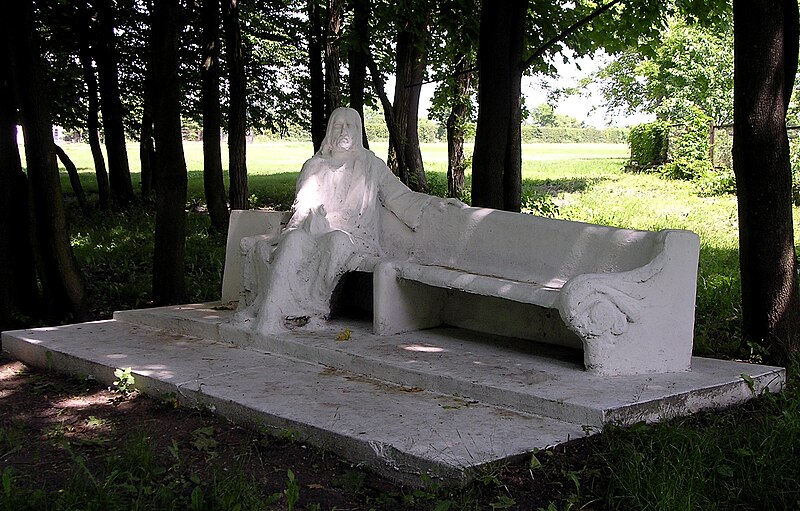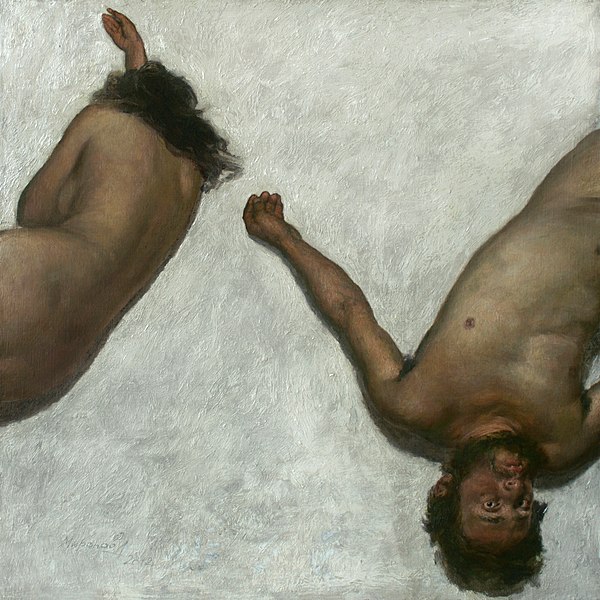
This morning we gather once again in the aftermath of troubling news. It would have been troubling enough if our only concern were the bombs sent through the mail to those who were perceived to be political enemies of the president, but now we are dealing with the violent attack upon a synagogue in Pittsburgh.
I want very much to write this off as an aberration, the demented actions of a troubled and misguided man, but the statistics are troubling. As you may have heard by now, FBI statistics show that hate crimes rose 5% in 2016 and 10% since 2014. The FBI identified 1,273 of these crimes as motivated by religious hatred, about 20 percent of the total. Half of these were against Jews.
The Anti-Defamation League reports that there were 1,986 reported anti-Semitic incidents in the United States in 2017, including acts of vandalism as well as physical violence. The number of these incidents increased by 35% from 2015 to 2016, and by 57% from 2016 to 2017.
We saw the young men marching with torches and chanting Nazi slogans in Charlottesville. You remember them: “Blood and soil!” and “Jews will not replace us!” The gunman yesterday reportedly said, “All Jews must die,” and had written online that “Jews are the children of Satan.”
Something is wrong in us. Fear, despair, hate, anger, prejudice, hardness of heart, seem to be loose among us.
Dylan Roof said he hoped to start a race war when he murdered the members of a Bible study at Emanuel Church in Charleston, North Carolina. In the journal he wrote in prison, that was read into the record at his trial, he wrote, “I would like to make it crystal clear, I do not regret what I did,” and “I am not sorry. I have not shed a tear for the innocent people I killed.”
Such events are nothing like the millions killed by official state policy under Hitler, Stalin, Pol Pot; those marched to their deaths by the Turks or Andrew Jackson; or those slaughtered with machetes in Rwanda. But what is happening in our country is still deeply troubling. On the weekend when Matthew Shepard’s ashes were relocated to the National Cathedral we are reminded that hate has no bounds.
We want to think our country is better than this. But the history of ugliness and hate is deep and long. And such ugliness and hate are deep not just in our country but in the whole human experience. There is a reason the first story scripture tells us after humanity is given a good and perfect world only to turn from God and lose the garden is the story of one brother murdering the other. All those early stories in Genesis testify to the spread of violence through the creation. And the pivotal story for us as Christians tells of the torture and murder of the one who came to us as the embodiment of God’s love.
We want to deny the reality of sin, but we cannot. It is a deeply broken world. And the human heart is profoundly bent out of shape. We are capable of things that should be unimaginable.
When First John writes that “God is love,” those words are not a cheap sentimentality. They are the daring proposition that despite all we see around us, the power at the heart of all things is love and faithfulness and compassion and mercy and care for the other. God is love, and looks upon a world as sorrowful as ours and chooses to love.
We come together as a Christian community – indeed we exist as a Christian community – to proclaim that message, and to let that message work in our hearts that we might be people who live for the healing of the world rather than its division.
We dare to say with John and Jesus and the whole witness of scripture that there is a power and presence at the heart of all things that is faithfulness, compassion, mercy, and life. At the heart of all things is a God who is able to free the bound, heal the broken, and raise the dead. At the heart of all things is a God who takes upon himself the sorrows of the world and frees us to live his love.
This is why we begin our worship with confession and forgiveness. Our first act is to acknowledge our brokenness and the brokenness of the world, and hear God’s word of mercy and life. It is a moment and a message that is meant to bring us again from the world of hate, violence and revenge into the realm of God. It is a moment and a message that is meant to release us from our brokenness and gather us to the table of God. It is a moment and a message that gives us a taste of the resurrection and the world where the lion lies down with the lamb. It is a moment and a message that prepares us to hear God’s voice and receive God’s gifts. It is a moment and a message that frees us to sing God’s praise.
In our confession we bring before God the crucified bodies of the eleven killed yesterday and the twisted hearts of the shooter and bomber. We bring before God the refugees fleeing violence across our world and the twisted hearts of those who would deny their humanity. We bring before God our own sins and sorrows and hear the promise that Christ has freed us to come and live in God’s presence.
Amen
+ + +
Image: https://commons.wikimedia.org/wiki/File:Jozefow_Chrystus_H_Macik.JPG By Hubert Mącik [CC BY-SA 3.0 (https://creativecommons.org/licenses/by-sa/3.0)%5D, from Wikimedia Commons














